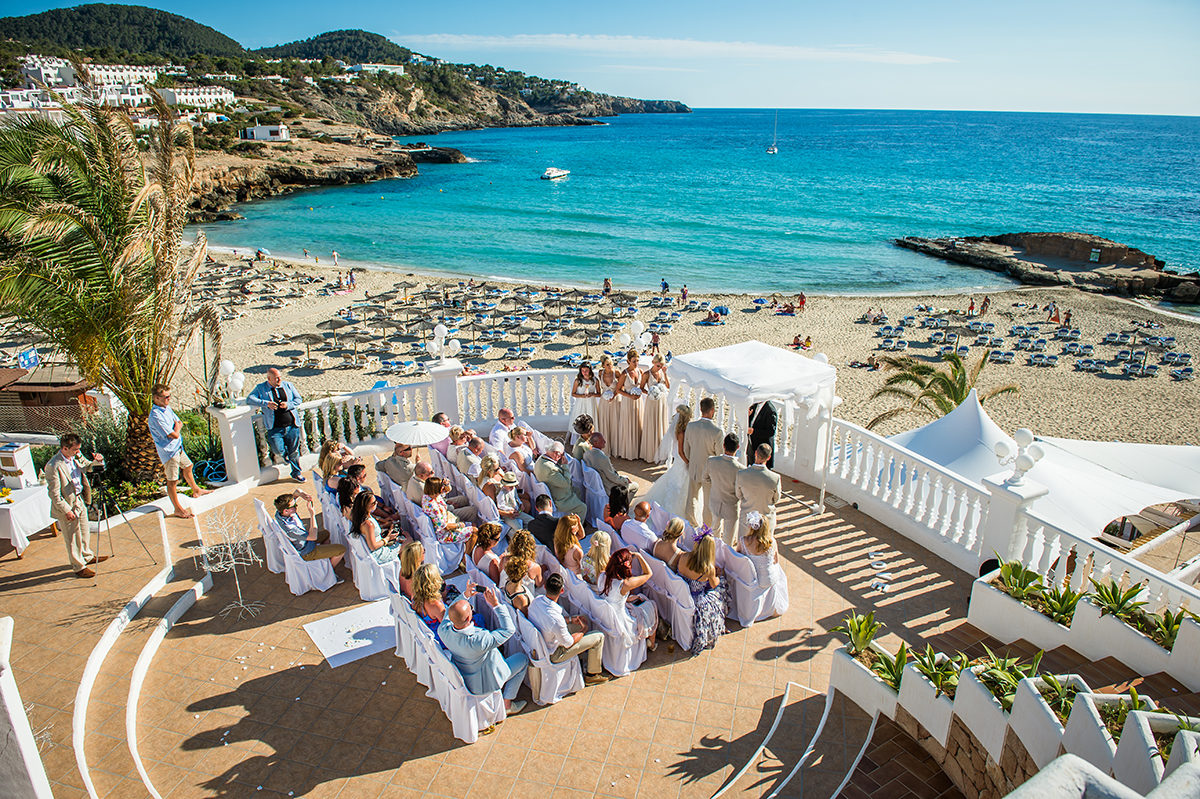There are many ins and outs to planning a wedding at the registry office, regardless of whether you’re getting married abroad; here is basic registry wedding guide if you’re planning a wedding.
Registry office weddings have become increasingly popular due to a modern shift in wedding styles. It is an excellent option if you’re looking for a more intimate wedding and something a bit different. A wedding budget cut is also one of the easiest ways to do it.
Registry offices may be necessary steps in your wedding process or intrinsic to your wedding. To make your wedding plan a bit easier, here are all the details you have to know about the place you choose to say ‘I do’ or a pre-stop before your destination wedding!
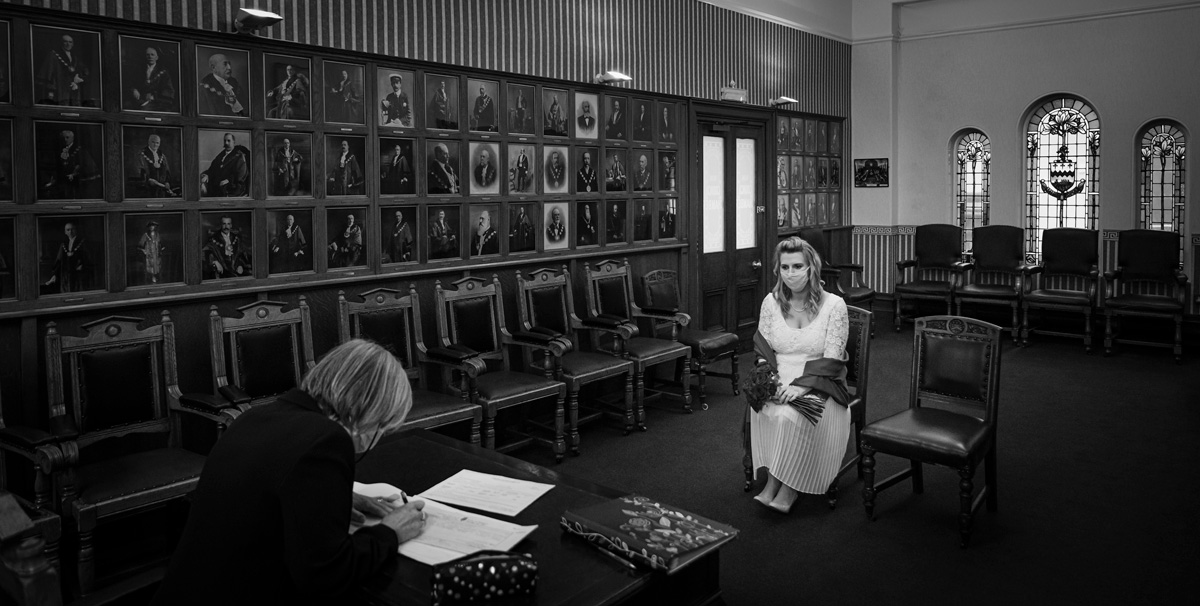
Rules for registry office weddings
The rules concerning who can get married in a Liverpool & Sefton registry office are similar to those elsewhere in the UK. You can expect the following general rules:
- Marriage in the UK is legal at 16 years of age (parental consent is required in some places).
- Those who are not British citizens are subject to different rules. Marriage or Civil Partnership Visitor visas are required for people who originate from outside the UK.
More information about regulations can be found on the UK government’s website.
Getting Married At A Registry Office/Town Hall
Here are some wedding tips if a registry office or town hall wedding sounds right for you.
Registration offices
Choose whatever feels suitable for you, whether you want to keep it local or have a sentimental place in mind. Check out the registry office finder to find registries by area! There are differences in prices also, so this may be a consideration.
Marriage notice
If you want to marry or form a civil partnership in England or Wales you must make an appointment to give notice at the Register Office in the district where you have lived for the 8 nights immediately before giving notice, regardless of where you intend to hold your ceremony.
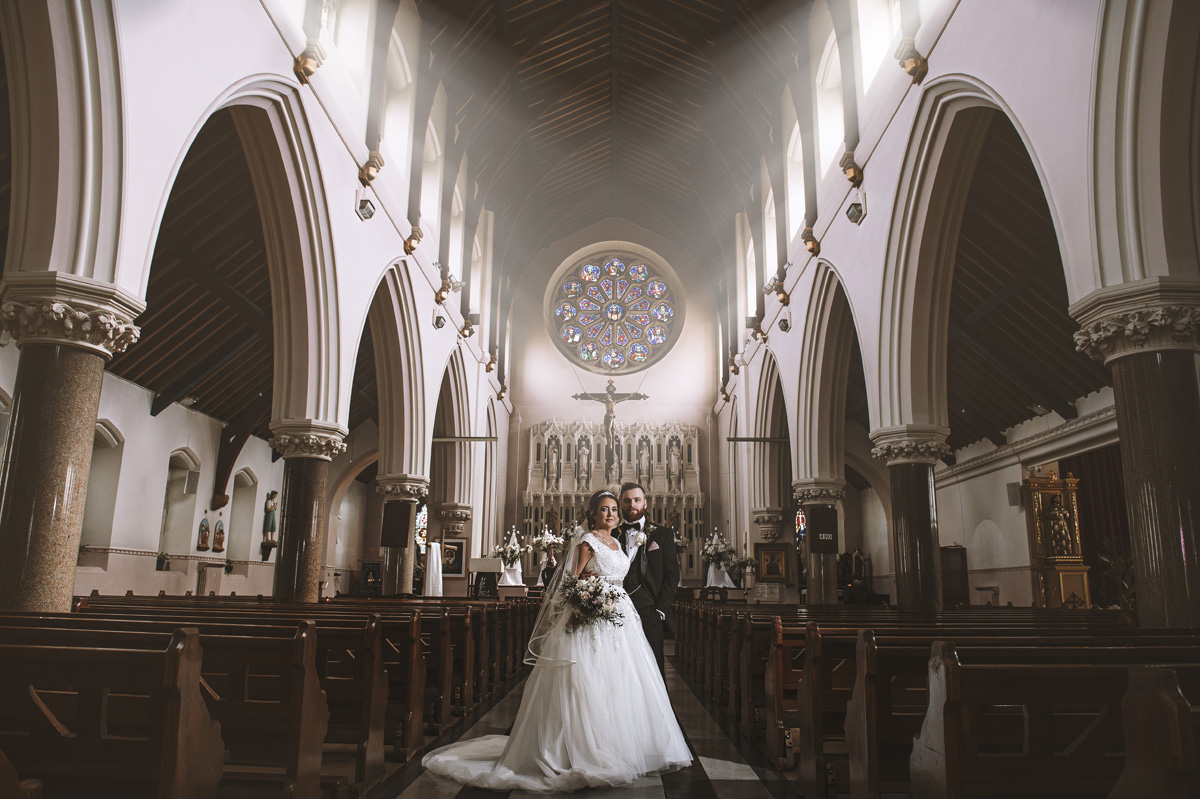
Can you get married anywhere?
No matter where you register, you must give notice at your local registry office. During your appointment you will need to complete all the required documentation and undergo the interview process.
You also need to have lived in the district for 8 nights before.
Also some districts may have several places to give notice, so check if there is one close to you.
You should give notice separately at your local registry offices if you live in different registration districts.
What happends after giving notice?
The notices are displayed on the public notice board at the Register Office for 28 clear days, after which the schedule for marriage or civil partnership will be issued. You can check your where notice will be displayed.
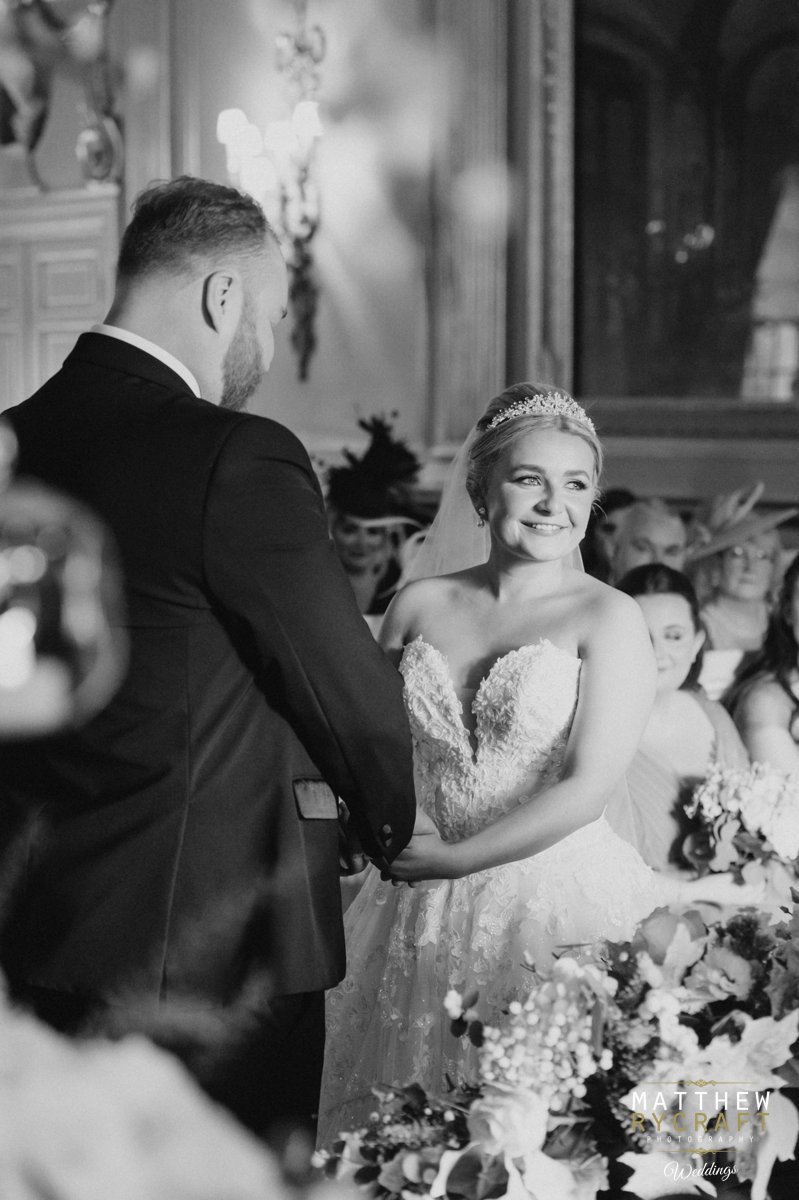
What documentation is required?
Documents you will need to bring to the registry office include the following:
- Identity and age proof. Passport, birth certificate, national ID card, etc.
- In the case of a name change, you must provide proof of the change.
- A valid UK or EEA driving license, a recent gas or electricity bill and a recent bank statement are examples of proof of address.
- You may also need additional documents if you have previously been married.
As slight differences exist between the offices, you should check with your local registry office what documentation is needed. Confirm on their website or by calling.
You have 12 months to get married from the day you gave notice. At least 28 days must pass before your wedding date. You should provide as much time as possible!
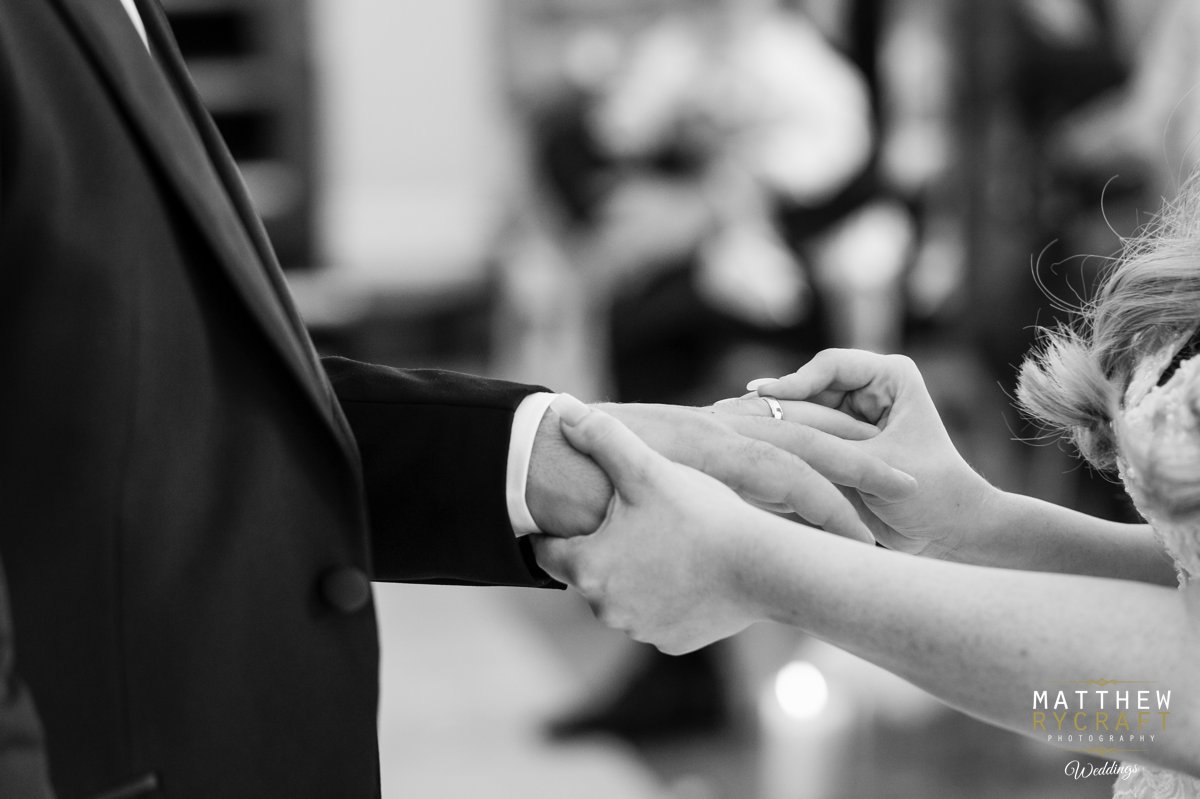
Do registry offices charge a fee for marriages?
Because of the simplicity of a registry office wedding, you will most likely save money on your wedding celebration thanks to the room hire cost.
Typical registry office wedding prices
- Typically, a registry office room costs from around £57+ upward to hundreds depending on day and room for a standard ceremony.
- Additionally, a fee of about £35-£50 per person is involved in giving notice.
- If you choose to obtain your marriage certificate later, it will cost you around £10.
- Other expenses you can incur include paying for a ceremony room rather than just a registry office, paying for Saturday appointments to give notice, and paying for approving divorce documents outside the UK.
As a Liverpool wedding photographer my region is governed by Sefton, if you are local to me here’s a link to Sefton’s Marriage Registry pricing and details.
Wedding venue civil marriage
Drive-throughs or Vegas-style affairs do not dictate civil ceremonies. A civil ceremony is a legal marriage that is not religious and is presided over by a legal official rather than a religious official.
To begin the process, you should visit the district registrar’s office, where you will receive information about the procedures involved and any particular legal issues in your case.
The same as a Town Hall ceremony, marriage or civil partnership usually requires at least 28 full days’ notice. The Registrar’s Office needs to be notified as soon as possible, even if you intend to get married at a different licensed venue within the same district.
It will be compulsory for you to provide evidence of your name, date of birth, nationality, and place of residence. If there are no objections to the marriage, your notice will be displayed publicly in the registry office for 28 days. After that, a certificate will be issued, allowing the marriage to proceed. Your Liverpool wedding photographer must photograph your wedding or civil partnership within one year of this date.
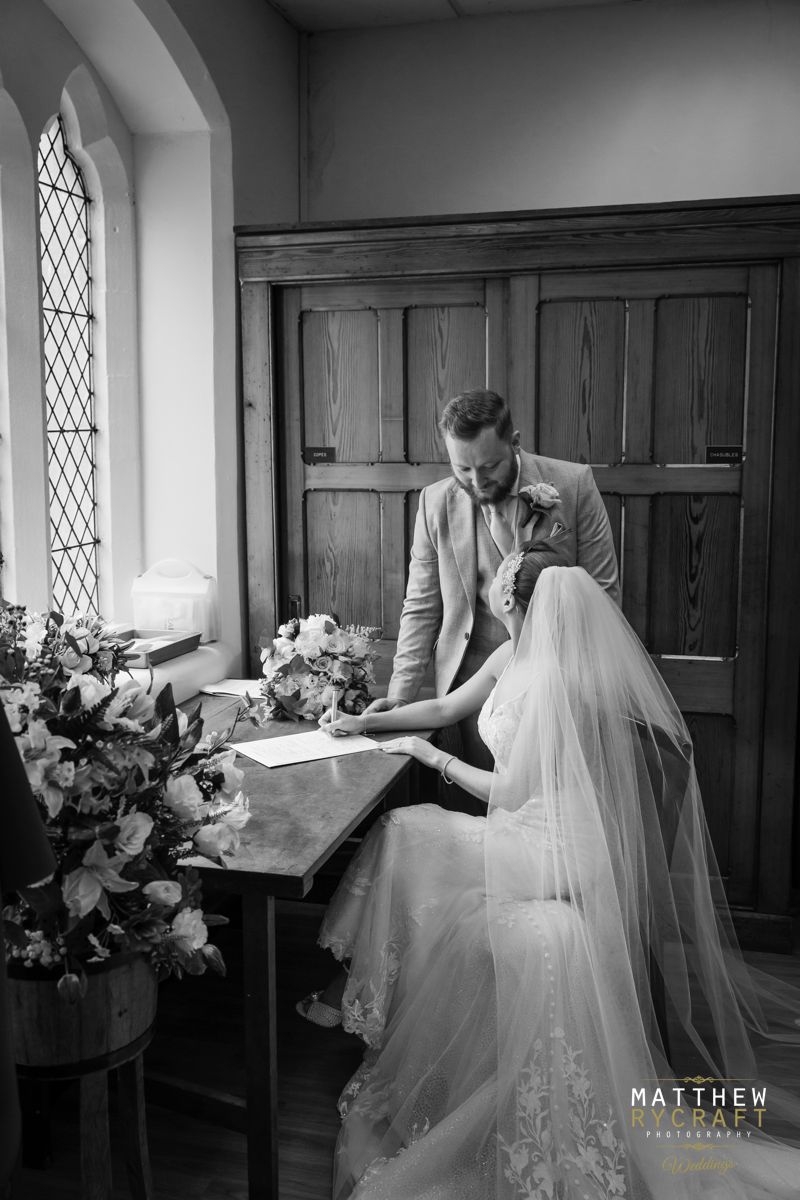
In a civil wedding ceremony, what happens?
A brief meeting with the registrar must occur before any ceremony begins, whether at a registry office or a licensed venue. The guests will wait for the ceremony to begin during this private meeting in a separate room.
Couples are encouraged to integrate words, poems, and music into their civil ceremony or partnership (usually between 20-25 minutes), as long as there is no religious connotation.
Civil partnerships do not require vow exchanges, but you can do so if you wish.
To be legally married, you must exchange vows. The couple, two witnesses, and the registrar sign the register after they have been declared married.
Photographs are usually prohibited at this point since it is illegal to copy the register, your experienced Liveprool wedding photographer will be familiar with this.
After everything has been signed, a blank copy is usually provided, and the couple can pose for wedding photographs.
The bride and groom then leave together and head to their wedding reception location.
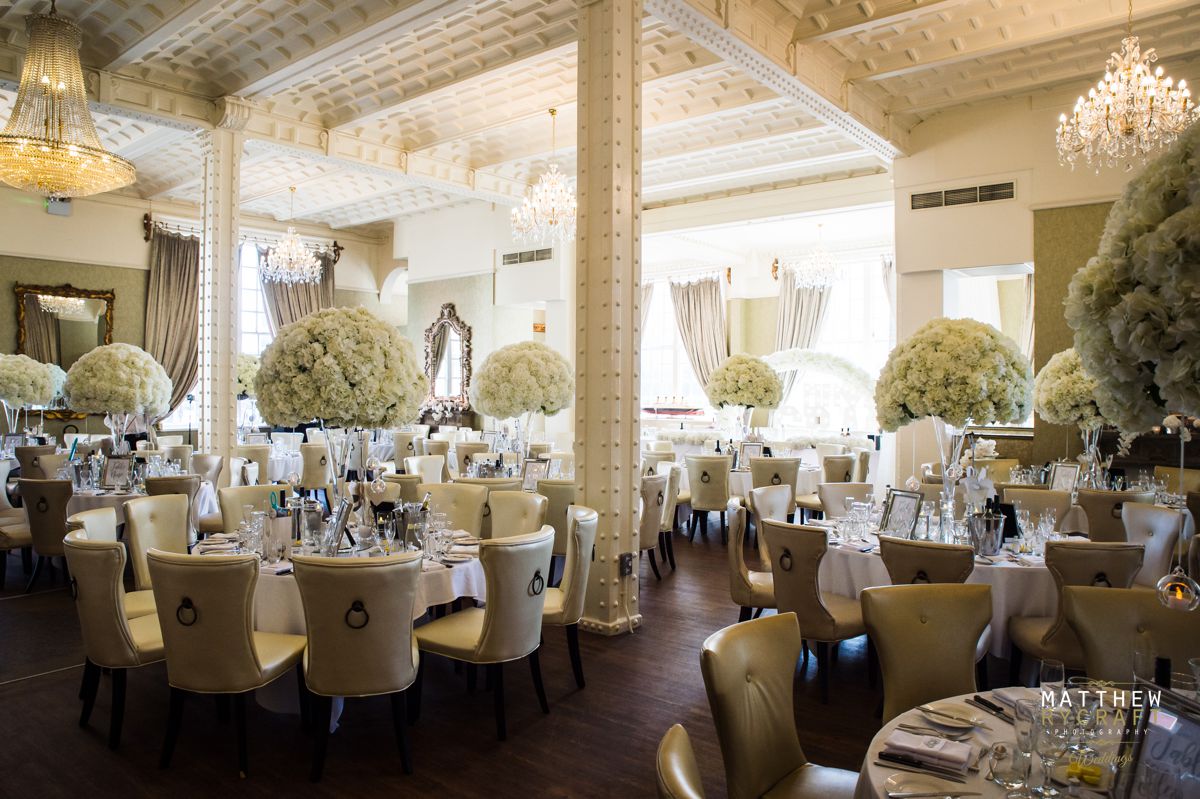
Weddings in churches
Both the Church of England and Wales can register church marriages simultaneously with religious ceremonies. Unless you and your partner are a non-EEA national, you don’t need to notify the Register Office of your wedding. The Register Office will require 28 days’ notice in this case.
The Register Office requires 28 days’ notice for other religious marriages. The local Superintendent Registrar must grant ministers and priests of all other religions a certificate or license to register marriages. Marriages between Jews and Quakers are automatically authorised.
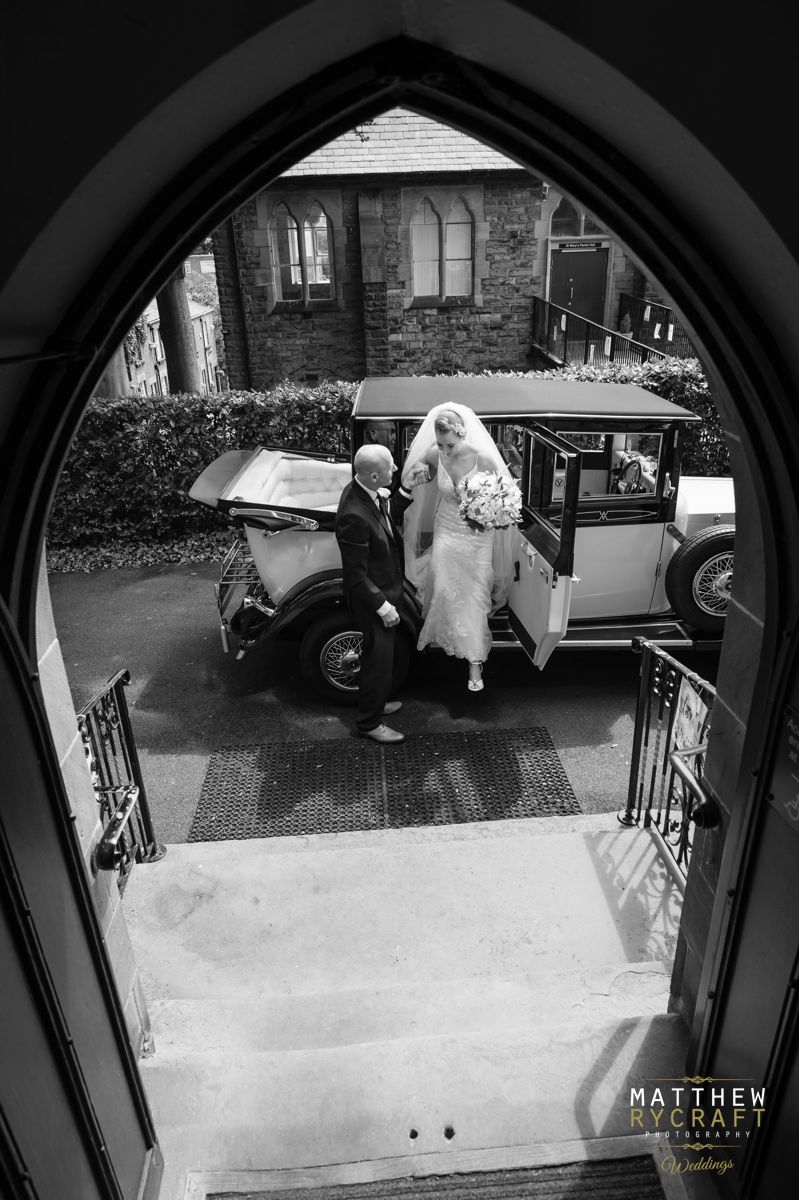
Any other religion will require a Registrar to attend the religious ceremony if the official performing it is not authorized.
Christian marriages (opposite-sex couples only)
It is possible to read banns (a notice of the proposed marriage) in parish churches of each partner and in the church where the marriage is agreed to be held instead of the Superintendent Registrar. A three-week banns reading is required.
If the vicar suggests a license rather than banns in England, you may need to apply to the Church of England. The Church of England website has more information about getting married.
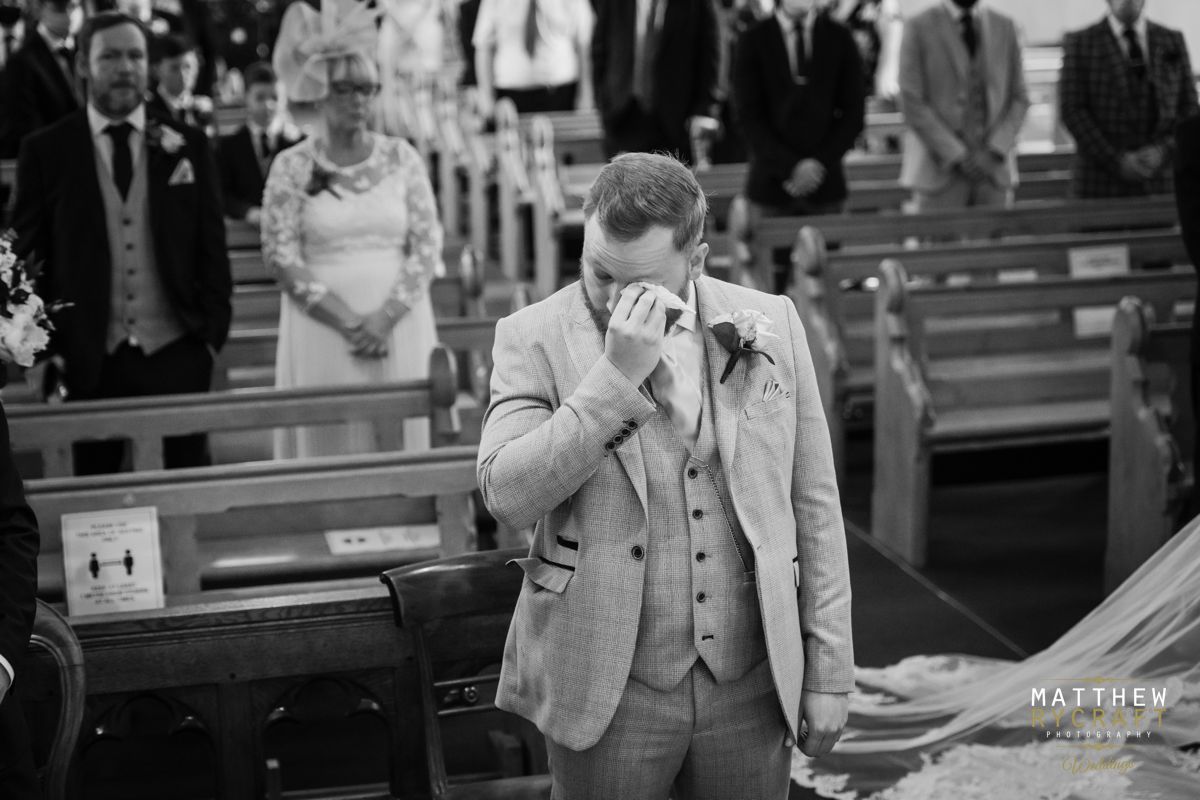
Celebrant wedding ceremonies
A reasonably new idea for UK weddings. In some cases the bride and groom may have already been married at the town Hall. And treat this as just a legal paperwork process, and will then organise what day would call their “real wedding day” at a wedding venue of their choice. Or any location for that matter, even the back garden, the Beacha, a Forest, the choice is endless.
As they have already signed the legal paperwork they may hire a celebrant to conduct a wedding service. This is a non-legal service and purely for the process of making it feel like you have said the legal vows.

